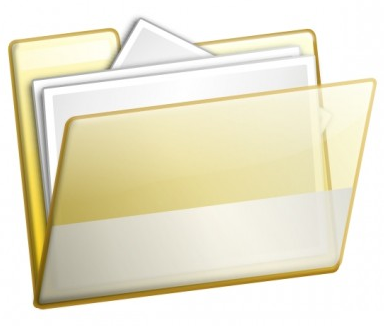As the end of financial year approaches, it pays to start thinking about whether or not you will be able to make any additional personal contributions to your super.
In addition to topping up your retirement nest egg, you will also benefit from some generous tax breaks.
Recently, there has been a lot of discussion surrounding the future of these tax concessions so if your financial situation is permitting, it might be worth considering maximising your contributions as soon as possible.
Super for the self-employed
Self-employed Australians can claim a tax deduction for contributions made to an eligible superannuation fund.
However, taxpayers who are both employees and self-employed may only claim super contributions as a tax deduction where they have derived less than 10% of their assessable income from employment.
These contributions are considered to be part of your concessional contributions cap.
Deductible superannuation contributions can offset an unusually large taxable income, for example, if you have made a significant capital gain from the disposal of an asset.
Set up a salary sacrificing arrangement
In a salary sacrificing arrangement, your employer will hold back part of your gross (before tax) pay and contribute it to your nominated superannuation account.
The contributions to your super account are taxed at the flat rate of 15%, which is typically much lower than your marginal tax rate. Salary sacrificing into your super reduces your total taxable income, thereby reducing your tax bill.
Super contributions for your spouse
Where your spouse is a low-income earner, you can make superannuation contributions on their behalf in order to receive a tax offset of up to $540.
In order to qualify for this offset, your spouse must have an assessable income that is less than $13 800 per annum, making it an option worth considering where a family member is taking time out from the workforce.
As an added benefit, their superannuation savings won’t suffer from their contributions break. Furthermore, the money will work hard due to compound interest and low tax rates.
End-of-financial year superannuation tax checklist: 
Do I have the necessary records for all of my superannuation contributions and accounts?
What is the total amount that I have contributed this year (including my super guarantee amounts)?
Can I make a contribution for my spouse? And is this an effective tax minimisation strategy?
Were there any contributions from the previous financial year that I can super split into this current financial year?
Should I consider making any additional contributions before the end of financial year (concessional and non-concessional)?





